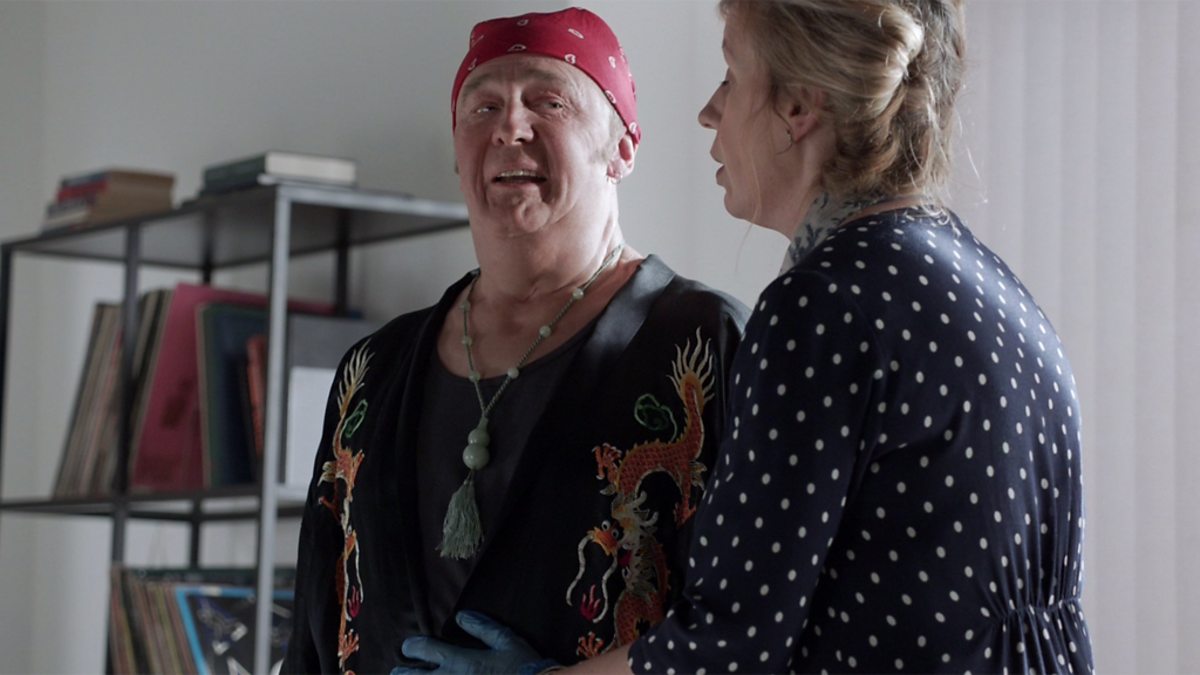

But when I walk into a party or a new job or my neighborhood bodega, I can spot a mixed person a mile away. It makes sense that when I lived in LA, Latinos often thought I was part Latina, or in a group of Black peers, I am simply white. A psychologist once told me that when you enter a room, you always look for your people there is safety in numbers. To accept othering, however, is to accept loneliness. And, in some ways, that was fine - as much as I am foreign to them, the Mainland can feel alien to me too. The number of times I’ve been asked if I know the hula or have been looked at with seductive intrigue are too many to count. A trope much lovelier than one that, like many Black and Latinx Americans, marks me as dangerous and leaves me dead, but still a space where nefarious women, with their sexual lures, often reside. When I told people I was from Hawaii or part Native Hawaiian, I was placed into the exotic box. I had to figure out a way to explain myself.

Skylar vox jmac how to#
On a continent so consumed with categorization, it’s an identity not often recognized, at best watered down to “ambiguously ethnic.” An indictment of “I don’t know how to classify you, so I am going to put you in this other group until I feel comfortable deciding if you are like me or them.” It was no longer the default. Courtesy of Jessica Machadoīut when I moved to the Mainland in my 20s, what it meant to be mixed - and my relationship with it - shifted. While we often joked about their cultural affectations, we rarely discussed where their lineages converged. My mother grew up in Shreveport, Louisiana my father in Kalihi Valley, Hawaii. I am a mishmash of my father’s dark curly hair and deep-set eyes and my mother’s fair complexion, just as much as I hold both a deep respect for where I came from and a curiosity for what lies beyond it. My father was local, a mix of Portuguese from the Azores and Kanaka Maoli. My mother was haole from Louisiana, of English descent. In a place where the land, or ‘āina, is deeply important to our cultural history, we also describe ourselves, and others, in our relationship to it: locals (Hawaii born and bred, aloha spirit in our soul) versus haoles (foreign, white, perhaps less integrated). You are the complex mixture that you say you are.
Skylar vox jmac skin#
You aren’t any less Kanaka Maoli, or Native Hawaiian, if you have light skin no one questions if you’re “Korean enough” if you have green eyes. In the islands, we talk less about race, a division of people based on physical characteristics, and more about ethnicity, where our ancestors are from. The beauty and cultural ideal is a blended one. Most of my friends could rattle off two to 10 ethnicities. More than 40 percent of marriages in the islands are interracial or -ethnic.

I grew up in Hawaii, surrounded by people who, to outsiders, may be described with such mystique and confusion but, to us, are simply “mixed” or hapa, half-and-half. But also wrapped up in her appearance (dark hair, light brown skin) and status as a Prince protege (oozing sexual energy with the musician) is a descriptor that I have worn as both a point of pride and a reluctant wound: ambiguously ethnic. I am both vain and a Prince fan it’s an honor to have any tie to the musical genius, or a woman who is inarguably stunning. I often joke that one of the greatest compliments I’ve ever received was that I look like Apollonia from Purple Rain. This is part two of Vox First Person’s exploration of multiracial identity in America.


 0 kommentar(er)
0 kommentar(er)
